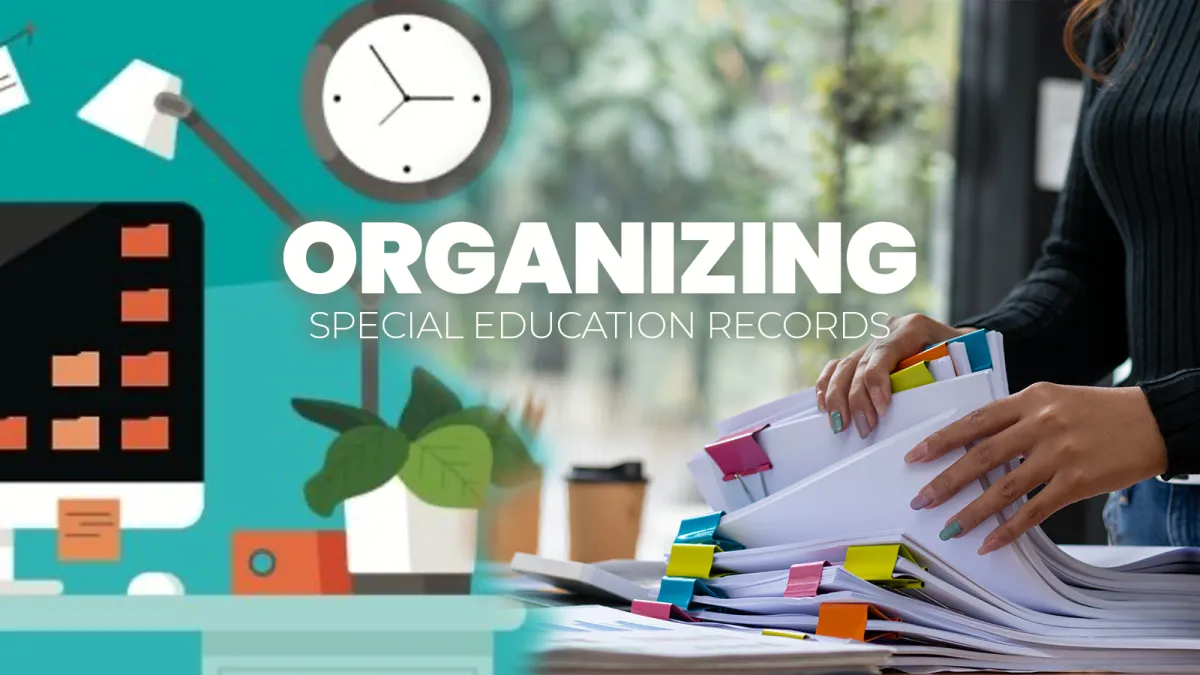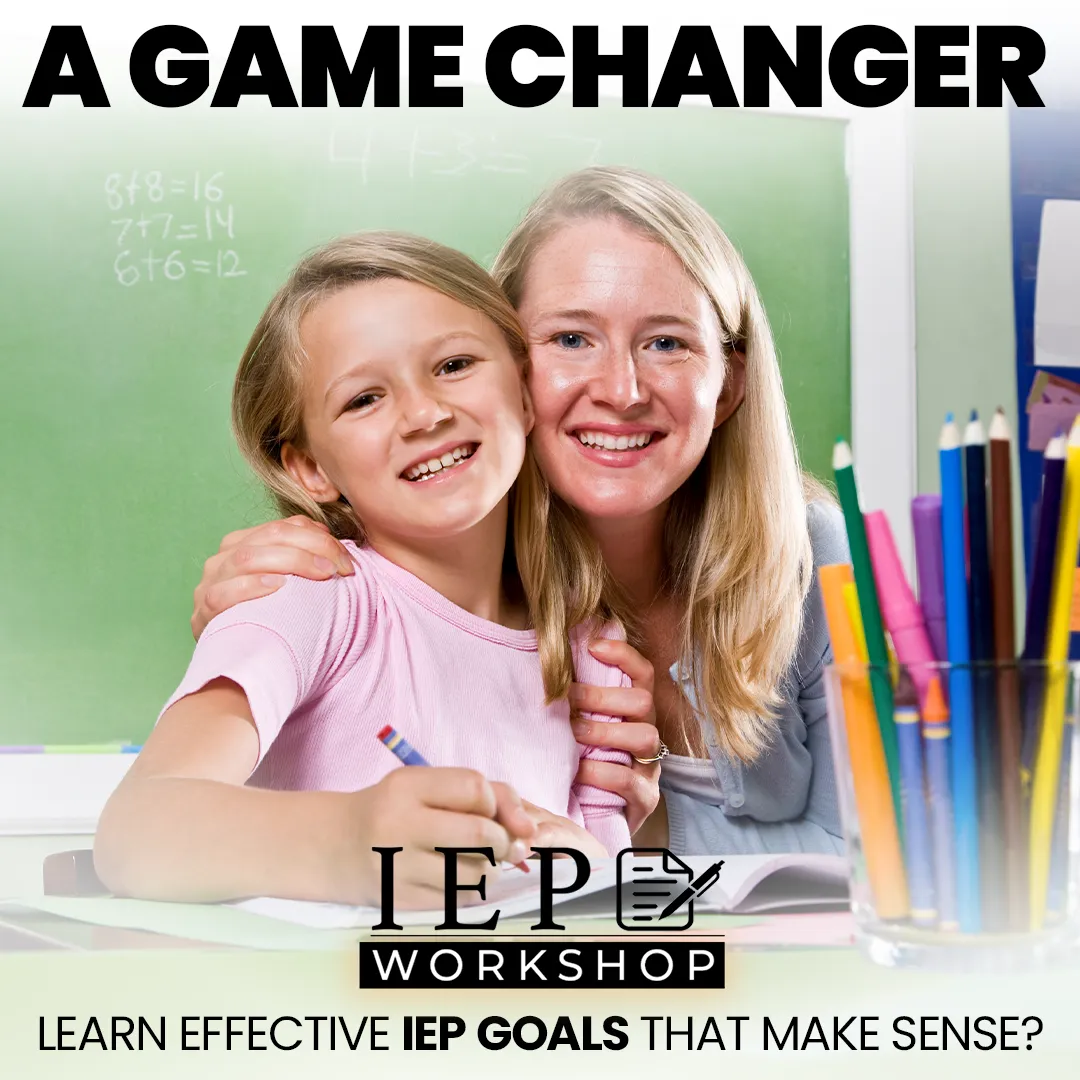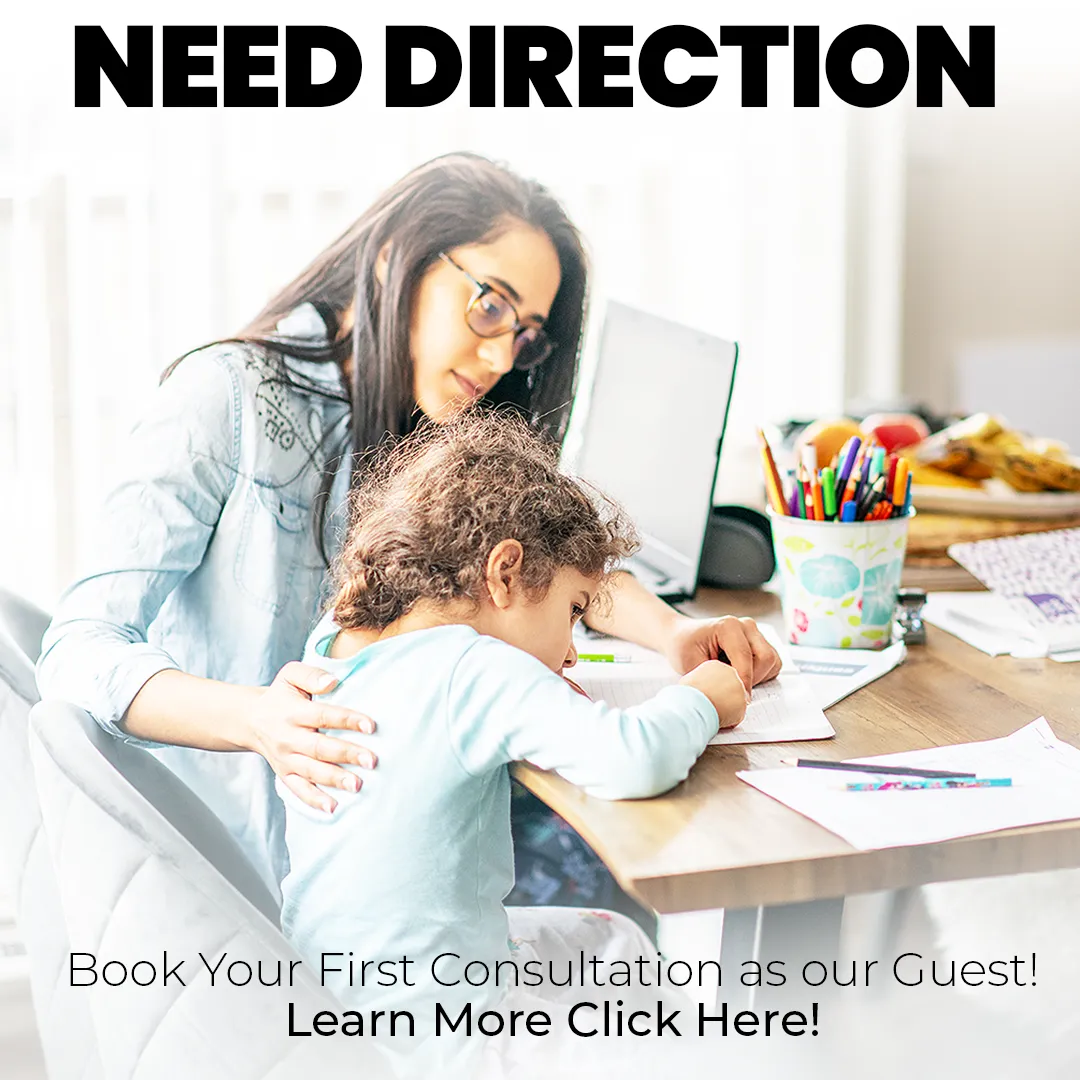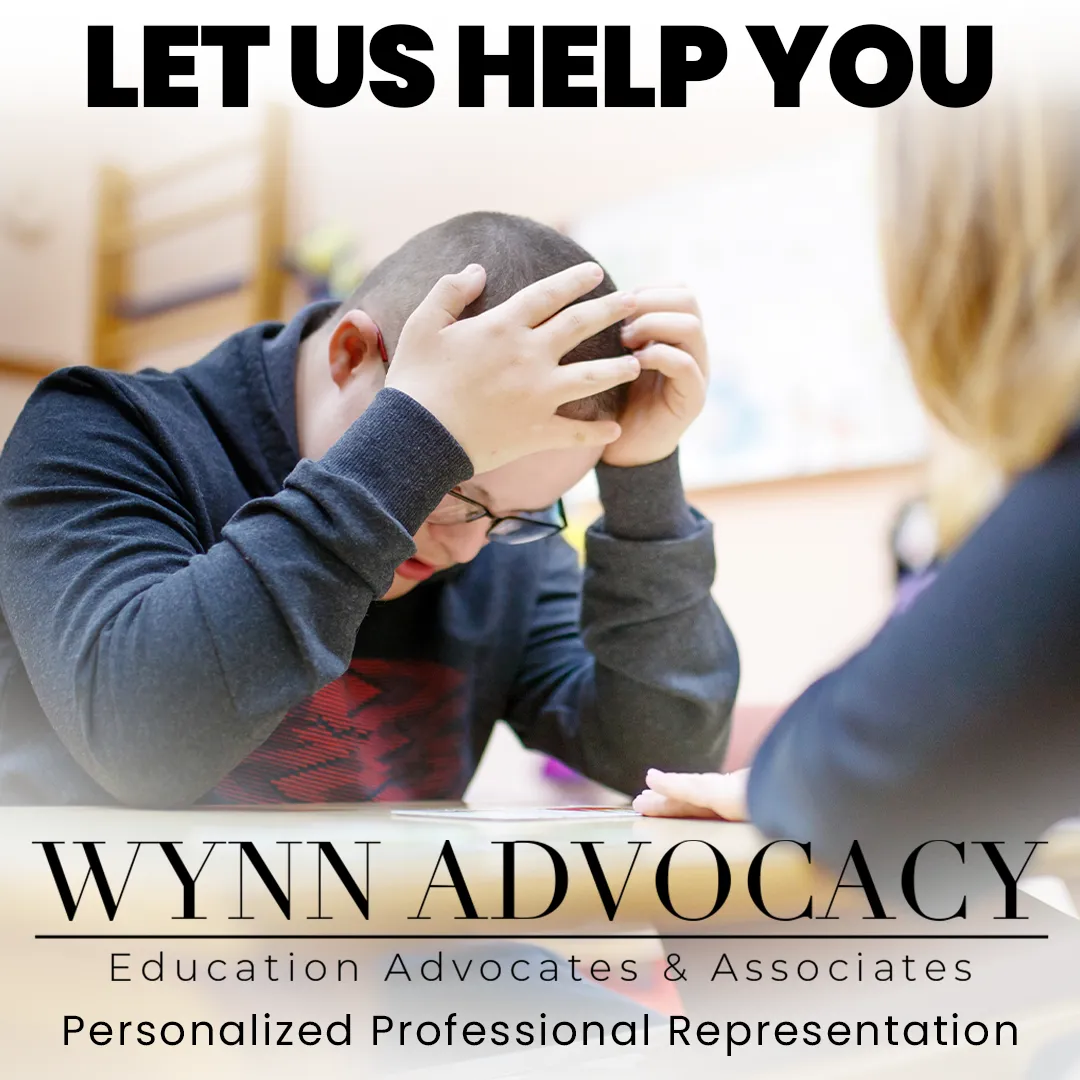Organizing Special Education Records:
A Parent’s Step-by-Step Guide
by Stephanie Wynn
Imagine this: it’s the night before your child’s IEP meeting in Nevada or Utah, and you’re digging through drawers trying to find last year’s evaluation. You finally show up with missing documents, the team references paperwork you can’t locate, and you leave feeling defeated.
This is one of the most common frustrations we hear from parents. When your special education records are disorganized, the school team controls the conversation. But when you walk in with a clean system, you shift the balance. The Wynn Method of Advocacy™ begins with preparation. Organizing your IEP and 504 records is one of the fastest ways to reduce stress, improve meetings, and advocate more effectively.
Step 1: Gather Every Record Into One Place
Parents often have critical special education documents scattered across emails, file cabinets, and school portals. That chaos creates vulnerability - if you can’t find it, you can’t use it. The Wynn Method of Advocacy™ teaches that effective advocacy starts with complete records.
Collect all IEPs and 504 Plans (past and current).
Print or request copies of evaluations, assessments, and reevaluation reports.
Add progress reports, teacher notes, report cards, and discipline records.
Include medical or therapy documentation that supports services.
When you consolidate everything, you eliminate the panic of searching under pressure and begin every meeting with confidence.
Step 2: Create a Parent-Friendly Filing System
Another major problem: parents start organizing but pick systems too complicated to maintain. Binders gather dust, and folders get misplaced. The Wynn Method of Advocacy™ emphasizes a simple, sustainable system that parents will actually use.
Binder System: Divide into tabs labeled “IEP,” “Evaluations,” “Progress Reports,” “Communication.”
Digital System: Use Google Drive or Dropbox with folders mirroring binder tabs.
Hybrid System: Keep a binder for quick meeting access and a digital backup for security.
The system doesn’t need to be perfect - it just needs to be functional. When documents are labeled and accessible, you stop wasting energy and start focusing on your child’s needs.
Step 3: Keep Records Current and Use Them Strategically
The biggest mistake families make is treating organization as a one-time project. Records only stay useful if they’re updated. The Wynn Method of Advocacy™ transforms record-keeping into advocacy leverage.
File new progress reports as soon as they are received so nothing gets lost.
Add meeting notes within 24 hours while details are fresh.
Keep copies of all communication - email summaries are powerful evidence.
Use records in meetings to back up your requests with data.
When you keep your records current, you don’t just walk in organized - you walk in ready to prove your case. That authority changes the tone of the meeting.
Wynn Advocacy Bonus Tip
In our “The Advocacy Accelerator Alliance” , we provide parents with a ready-made digital IEP/504 binder template customized for Nevada and Utah. This system saves hours of setup and ensures nothing important gets overlooked.
Final Thought
Disorganized paperwork leaves parents powerless. But an organized record system - backed by The Wynn Method of Advocacy™ - transforms you into the most informed person in the room. That confidence changes everything for your child.
Your Next Step
Set aside one evening to gather your records and start a binder or digital system. Then, read the next article in this series: Understanding the Types of School Meetings: IEP, MDR, FIEP & More. Together, these steps create the foundation for parent advocacy taught in our Nevada and Utah group coaching.

Disclaimer:
Wynn Advocacy and Stephanie Wynn do not provide legal advice. The information, articles, and resources available on this website are provided for educational and informational purposes only and should not be relied upon as legal guidance. Viewing or accessing this site, or communicating with Wynn Advocacy through this site, does not create an advocate-client or attorney-client relationship. Every situation is unique, and you should consult with a licensed attorney regarding your specific circumstances before making any decisions.
Copyright 2025 Wynn Advocacy, All Right Reserved




